Heart Symptoms You Shouldn't Ignore

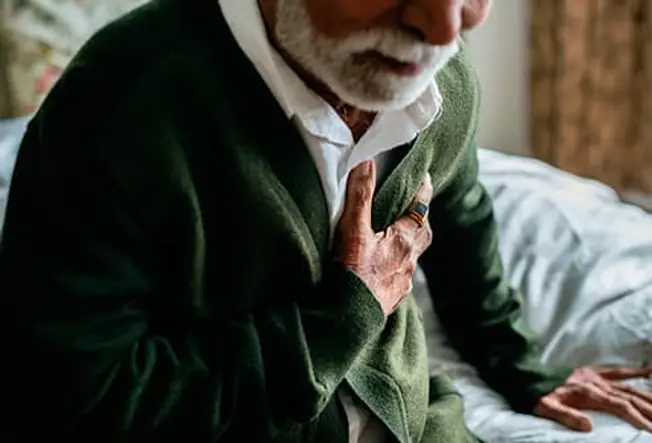
Chest Pain
This is the most common sign of a heart attack, but it's not always a crushing, sudden pain. It could be more of an uncomfortable feeling -- like squeezing or heaviness. You might mistake it for heartburn. It may last for more than a few minutes or go away and come back
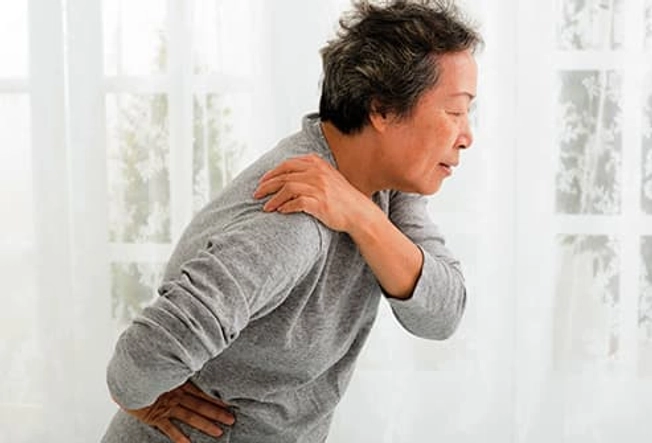
Arm or Back Pain
Men typically feel it in the left arm, but women may hurt in both. Your arms could feel heavy or "useless." It could be a sign of angina or a heart attack.
Pain may start in your chest, then move to your upper or lower back. Be suspicious if the pain comes out of nowhere or wakes you up at night and doesn't seem linked to a particular joint or muscle.
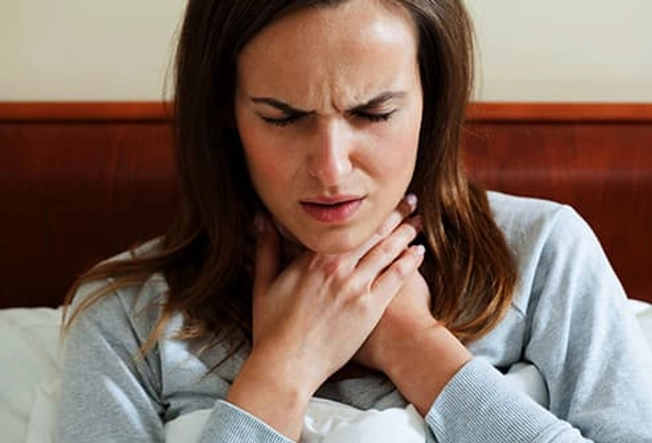
Neck or Jaw Pain
You can feel pain above the shoulders when you're having a heart attack. Your lower jaw on one or both sides may hurt or feel tight. Your neck may ache, or you could have a choking or burning feeling in your throat.
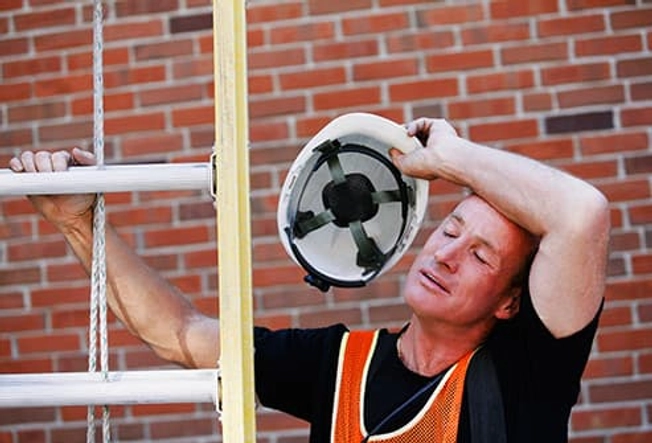
Unusual Fatigue
Everybody's busy, so it's normal to feel tired once in a while. But it's a red flag for heart attack if you suddenly get wiped out at times you usually wouldn't. Maybe you're extra worn out after your typical exercise routine or you're exhausted just walking to the bathroom. You also might feel drained but still find it hard to sleep.

Fainting and Nausea
You may feel like you're going to pass out. Fainting happens when your blood pressure is low and your heart isn't pumping the right amount of oxygen to your brain. It might be because you're overheating, but heart conditions could also be the culprit.
Nausea and lack of appetite can also be signs of trouble with your ticker.
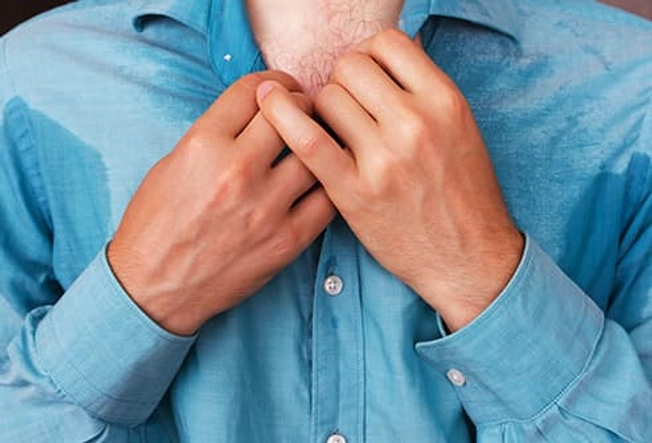
Sweating and Trouble Breathing
If you're having a heart attack, you may break out in a sweat even if you're not pushing yourself hard. You could feel cold and clammy. You may be short of breath, like you've run a marathon, even if you haven't moved off your couch. When you lie down, it may be even harder to breathe.
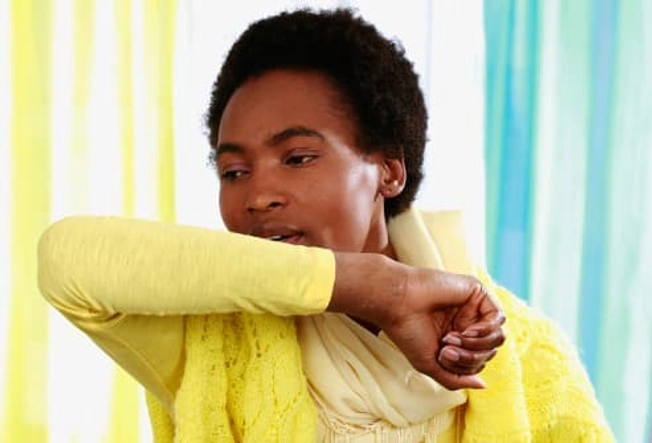
Coughing and Wheezing
Shortness of breath with a regular cough and wheeze can be signs of heart failure. That's when your heart doesn't pump well enough to supply your body with all the blood and oxygen it needs. When you have heart failure, blood and fluids can back up into your lungs. You may have a hard time breathing or hear a rattling sound when you inhale. You might cough up pinkish mucus.
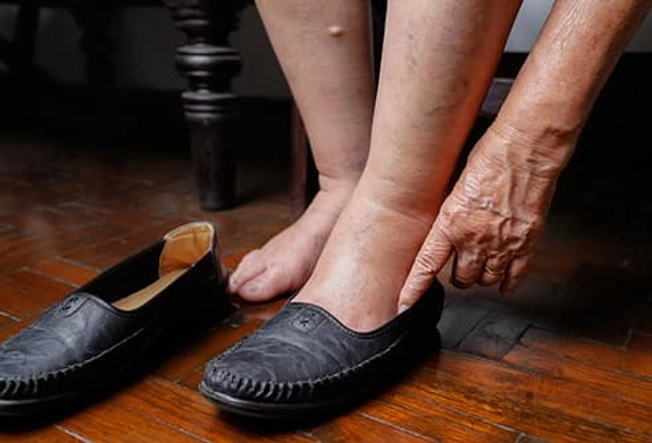
Swelling
You could have it in your feet, ankles, legs, or stomach if you have heart failure. You may notice that your shoes feel tight. As blood flow out of your heart slows down, blood going back to it through the veins can back up. That causes fluid to collect in spots that it shouldn't. Your kidneys can't get rid of water and salt, which leads to more swelling.
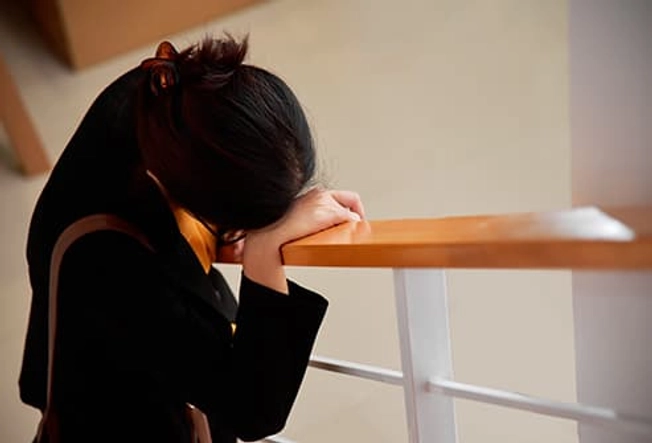
Trouble Getting Around
When you have heart failure, your body moves blood and the oxygen it carries away from areas that aren't as important, like your limbs, and sends it to the brain and heart. That makes moving around harder. Regular activities, like walking the dog or going up and down stairs, may be hard to do. As your heart gets weaker, simply getting dressed or walking across the room can tire you out.
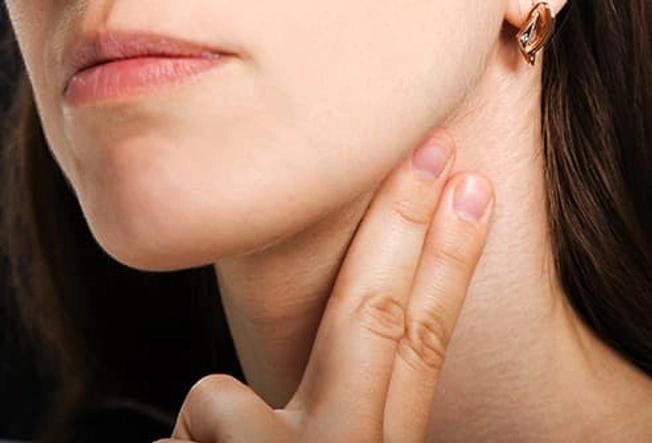
Rapid Heart Rate
With heart failure, your ticker may beat fast to make up for its lack of pumping power. You may feel like your heart is racing.
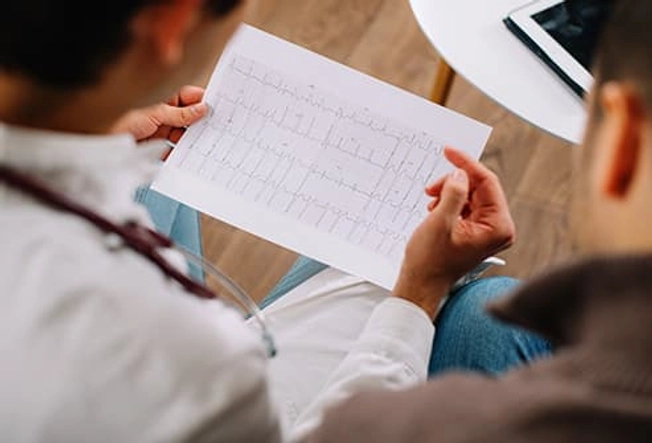
Irregular Heartbeat
A heart rhythm disorder like atrial fibrillation (AFib) can cause your ticker to beat fast and out of sync. Some people describe the feeling as a flutter or like a fish is flopping around inside their chest.
AFib can lead to blood clots and stroke if you don't treat it. It's possible you might not notice anything unusual about the way your heart beats but you might feel short of breath, tired, or lightheaded.
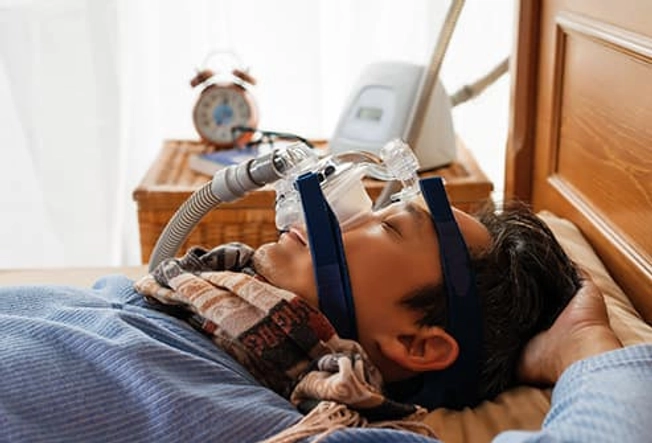
Loud Snoring
If it's happening every night, you could have sleep apnea. That's a condition which causes pauses in your breathing while you sleep. It's linked to atrial fibrillation and may raise your risk of high blood pressure and type 2 diabetes. If you don't get treatment for your sleep apnea, you may have a higher chance of life-threatening heart trouble.

Erectile Dysfunction (ED)
If you have this problem often, it could be a sign that you have heart disease. Blood vessels in your penis may be clogged with plaque, just like vessels around your heart can get blocked. Without good blood flow, it's hard to get and keep an erection. Talk to your doctor if you have ED to figure out what's going on.
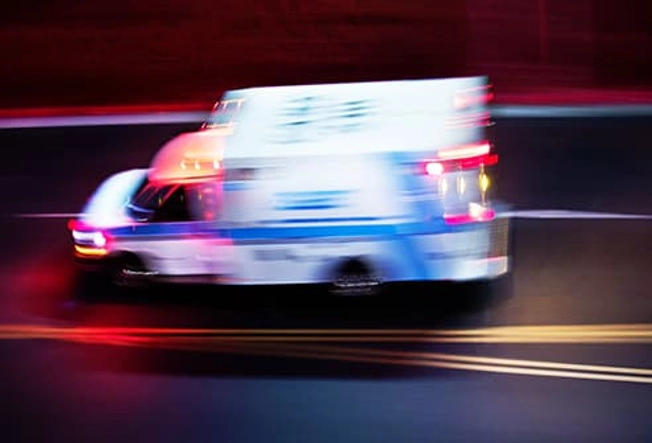
When to Get Emergency Help
Get medical help right away if you think that you or someone you're with has any of the symptoms of a heart attack. Quick treatment can cut down the chances of damage to your heart. Call 911 if you have:
- Pain, pressure, or squeezing in your chest
- Pain or discomfort that spreads to your shoulders, back, neck, or arms
- Shortness of breath
- Lightheadedness, dizziness, or fainting
- Sweating and nausea